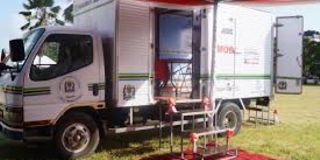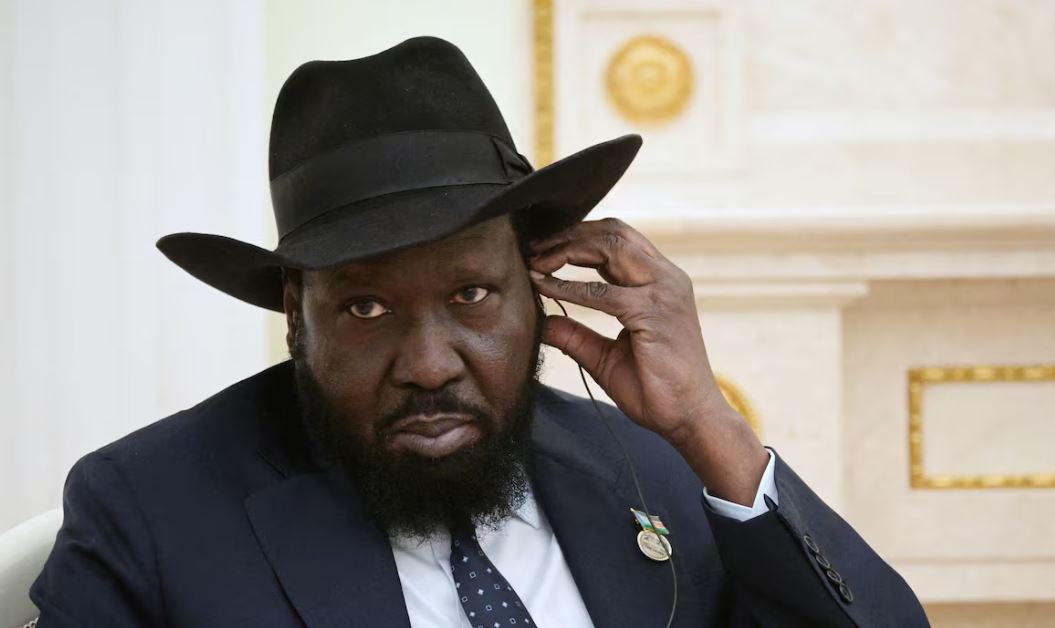Judiciary launches mobile courts

The mobile court during the service
What you need to know:
In a bid to improve and speed up court proceedings, the judiciary has received mobile court, which will be used in areas with shortages of court building in both Dar es Salaam and Mwanza region.
Dar es salaam. President John Magufuli yesterday inaugurated the new mobile court services worth over Sh470 million, which will operate in Dar es Salaam and Mwanza regions.
The two mobile courts were financed by World Bank in order to improve delivery of judicial services in Tanzania.
The courts were launched at the Julius Nyerere International Conference Centre (JNICC) during the climax of the Law Day, 2019 whose theme was: “Timely delivery of justice: the Judiciary and stakeholders’ responsibility.”
Speaking at the inauguration, director of cases management at the Judiciary, Ms Eva Nkya, said the facilities will help to reduce piles of cases in primary courts.
It was revealed that the primary courts in Tanzania received 177,614 criminal and civil cases last year, equivalent to 64 per cent of all cases filed in the country’s judicial system.
She said already Chief Justice Prof Ibrahim Juma has directed the formation of a special registry to record cases to be presided by the launched courts.
Mwanza and Dar es Salaam have been chosen because of their population, increased economic activities and inadequate number of primary courts in the regions.
“Nyamagana and Ilemela districts have two courts each, but they have 18 and 19 wards respectively. In Dar es Salaam, residents of Chanika receive primary court services at the Ukonga Primary Court,” she said.
Ms Nkya named the areas where the services will be delivered as Bunju in Kinondoni District, Chanika in Ilala District, Kibamba in Ubungo District and Buza in Temeke District. She said in Mwanza, services will be provided in Buswelu, Buhongwa and Igoma centres, noting that special fishing operations will also be carried in the region
Describing the mobile court, Ms Nkya said it consists of tables for the magistrate, clerk, applicant, respondents and court assessors.
According to her, mobile courts are also equipped with a television set for recording evidences and witnesses, a camera for recording all sound and video incidents and a loudspeaker for communicating with the public.
“The court is also equipped with Information Communication Technology (ICT) facilities including computers, scanners, photocopy machines, cabinets for keeping files and an elevator to assist citizens with special needs and chairs,” she said.
The courts are also equipped with solar energy panels for power backups.
The World Bank Country Director Bella Bird said the mobile court was the first of its kind in Africa.
“I’m told by my team that this is the first mobile court supported by the World Bank in Africa, therefore Tanzania should be congratulated,” she said.
National Assembly Speaker Job Ndugai said the parliamentary committee strongly debated on the Mobile Courts Law when Constitution and Legal Affairs minister Prof Palamagamba Kabudi brought the Bill to Parliament, noting that today he was a witness that the courts were real.



